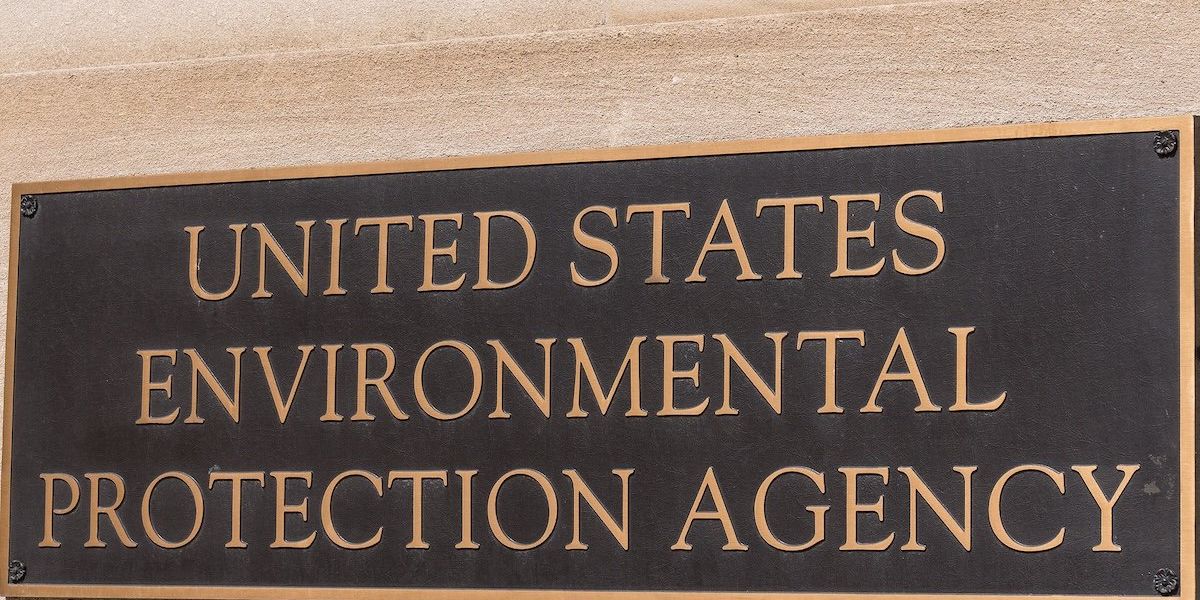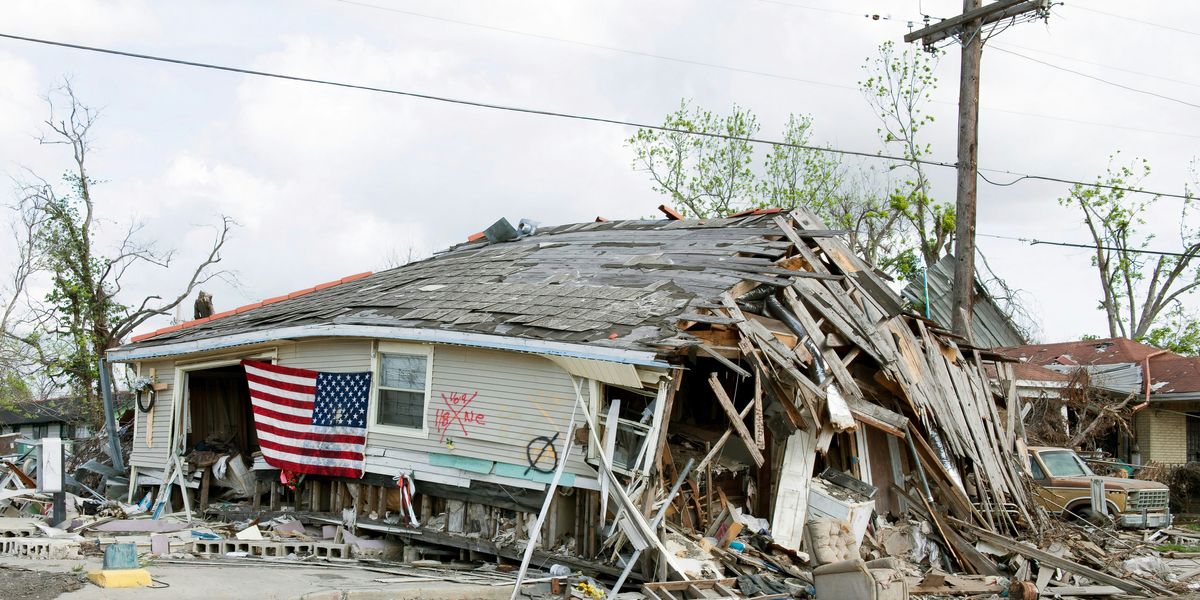rutgers
Canadian wildfire smoke creates severe air pollution in New Jersey
A Rutgers study reveals that wildfire smoke from Canada in 2023 caused dangerous air pollution in New Jersey, particularly impacting vulnerable communities.
In short:
- Rutgers researchers found that wildfire smoke caused hazardous air quality in New Jersey on June 7, 2023.
- Vulnerable communities, particularly those lacking air conditioning, were at heightened risk from the pollution.
- The study suggests ongoing concerns due to the unique chemical composition of the smoke particles.
Key quote:
“We’re worried we don’t know enough about the composition [of these particles] to understand the full implications.”
— José Guillermo Cedeño Laurent, director of Rutgers CARE Lab
Why this matters:
Wildfire smoke poses a growing health threat as climate change increases the frequency and intensity of fires. The chemical composition of the smoke particles could have long-term health impacts, especially for those in disadvantaged communities.
Related EHN coverage:
Climate change could impact fish catches, Rutgers study finds
To learn bees' secrets, count them one by one
Rutgers to drop fossil fuel investments in battle against climate change
New Jersey's largest university is leveraging its $1.6 billion endowment as a tool to fight climate change.
Murphy announces plan for 100% clean energy by 2050
The first-term Democratic governor announced the plan at Stockton University alongside two Cabinet officials who will be carrying the plan out.
Senate passes Smith Bill to establish the NJ Climate Change Resource Center at Rutgers
A new bill would establish the New Jersey Climate Change Resource Center at Rutgers University to carry out interdisciplinary research activities that will help New Jersey prepare for and adapt to, climate change.



















